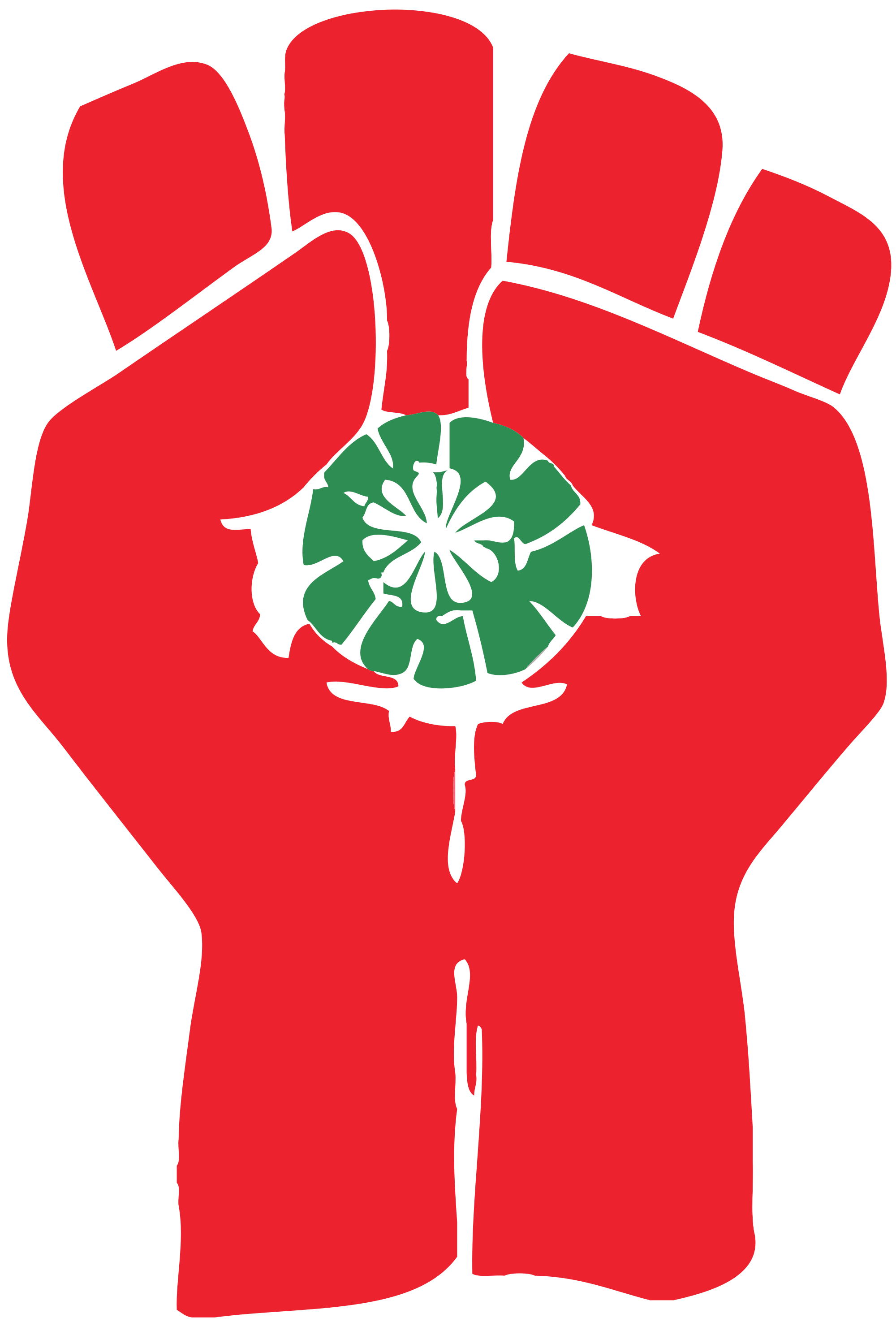- Novels
- Short Stories
- Political Commentaries
2. In terms of purpose novels and short stories are very similar as they both aim to tell a narrative. Political commentaries have a more specific purpose as they usually aim to correctively ridicule politicians or policies. There is room for overlap between these genres as some of history's best novels were political commentaries at their heart: The Wizard of Oz, The Jungle, and Fear and Loathing in Las Vegas. The audiences and forms of all the aforementioned genres are truly dependent on the author's intent, however political commentaries tend to attract only those interested in politics.
3. The greatest difficulty in writing any of the aforementioned genres, or any genre in creative writing, is time management. Turning a profit for a professional writer is extremely difficult so writers typically have other jobs plus familial obligations.
4. From my interview I have collected that besides turning a profit and being published, being able to connect with an audience with similar ideas is extremely rewarding.
5. Examples of creative writing can be accessed easier than ever with the invention of mobile, non-print reading devices like the Kindle.
| Jansson, Johannes. "Books". 3/8/11 via Wikimedia Commons. Creative Commons Attribution 2.5 Denmark. |








